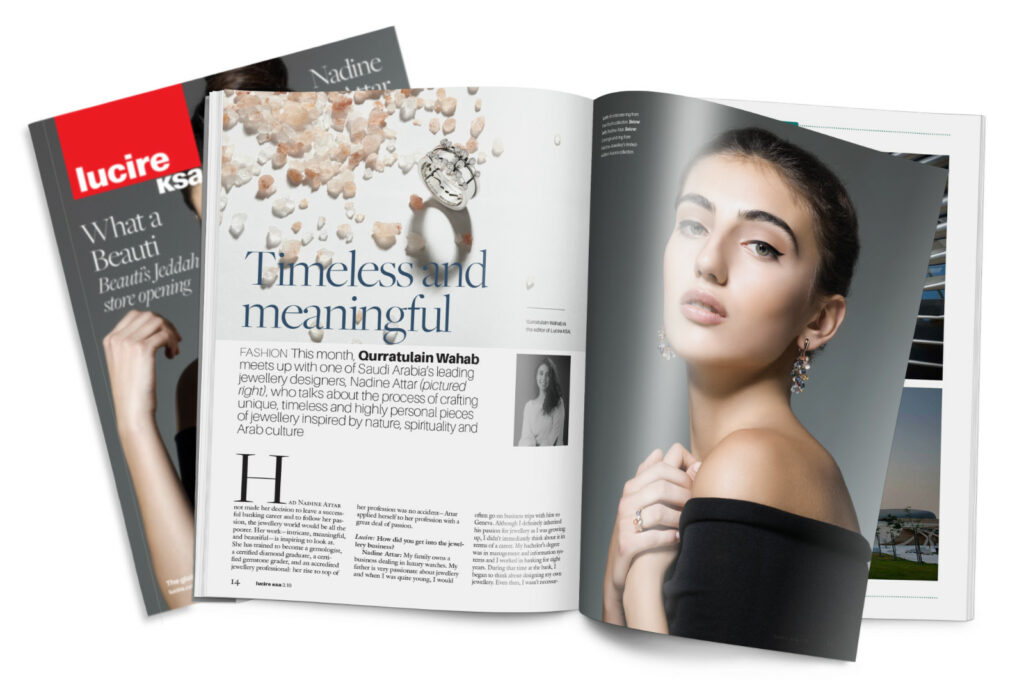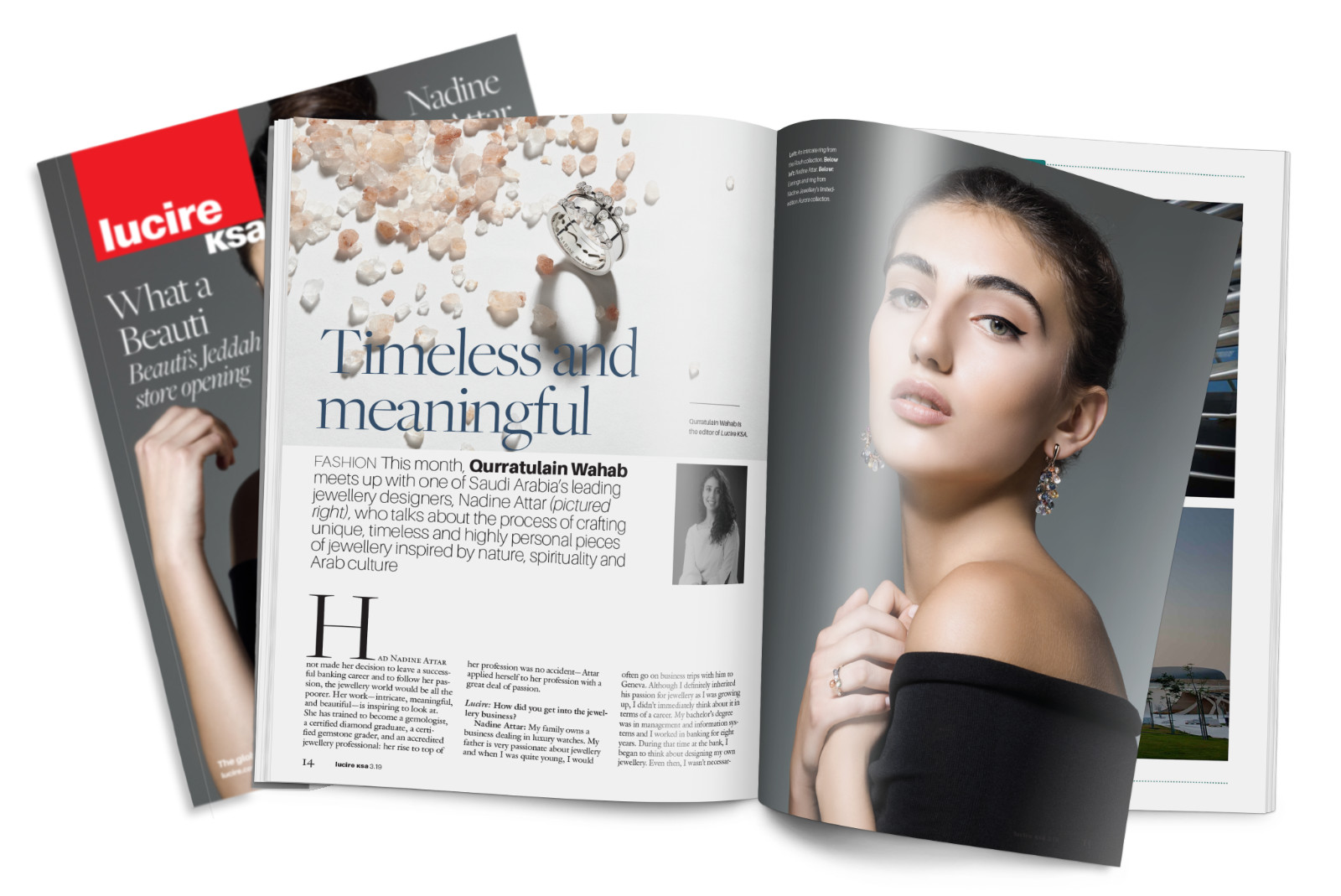[Cross-posted from Lucire] Lucire will get a sister title in print. As the only magazine from New Zealand that’s licensed internationally—as far as I know—we could do one of two things: not pursue new titles because no one else does this work in this country, or expand our horizons further because no one else […]
More than a single print brand

